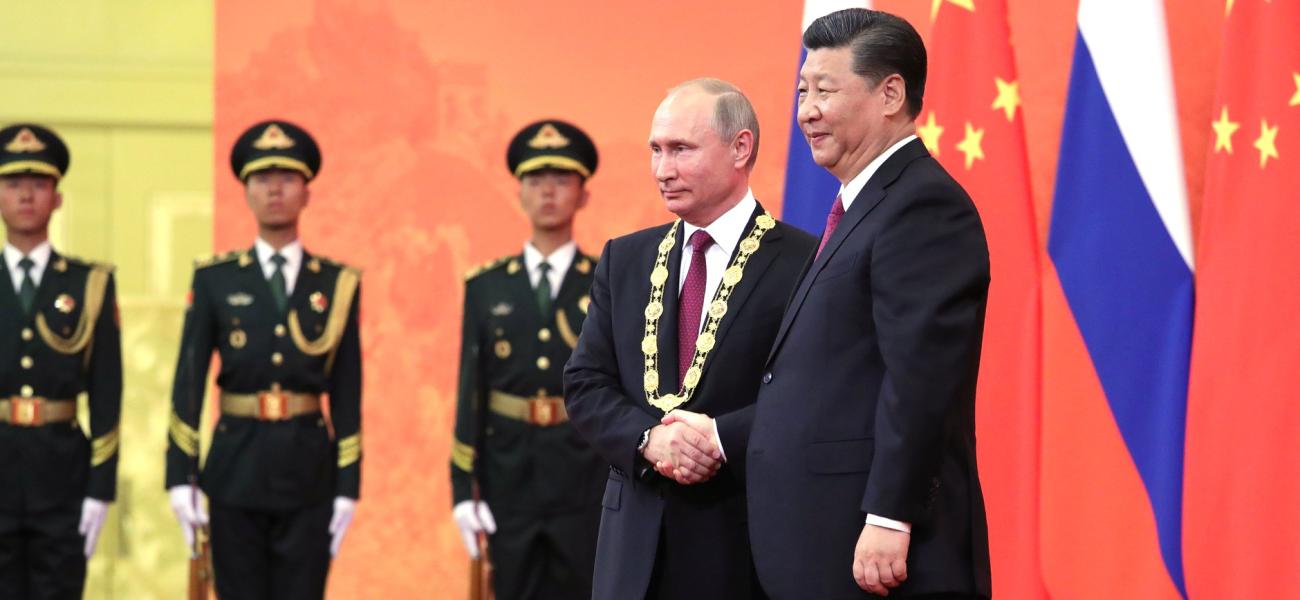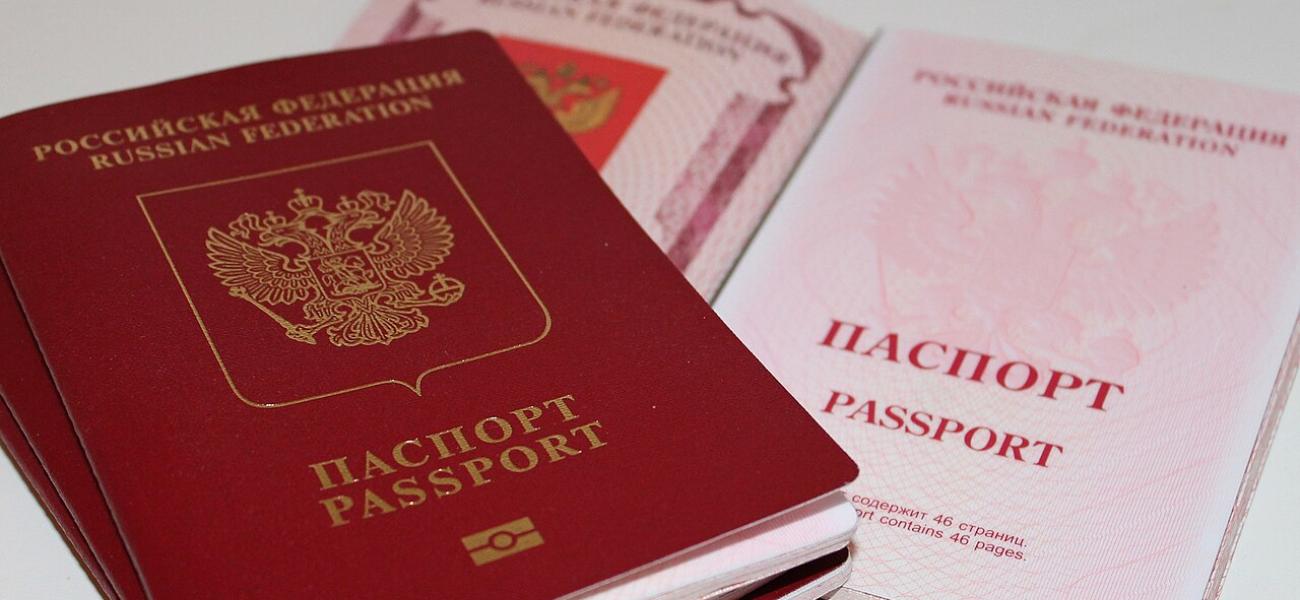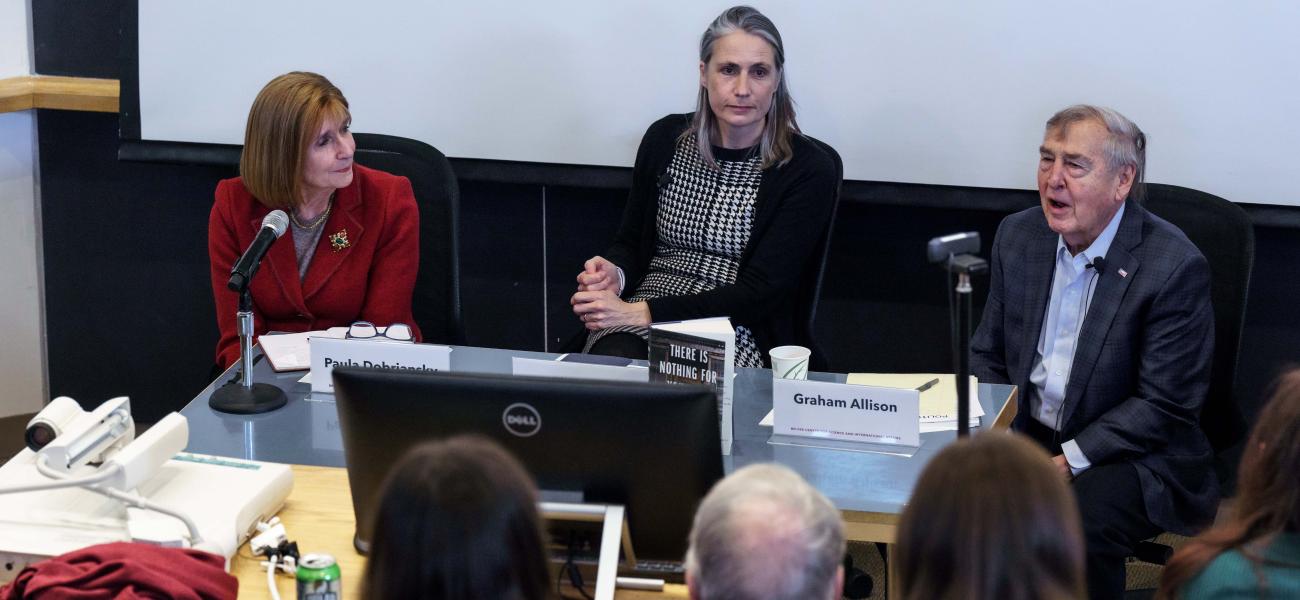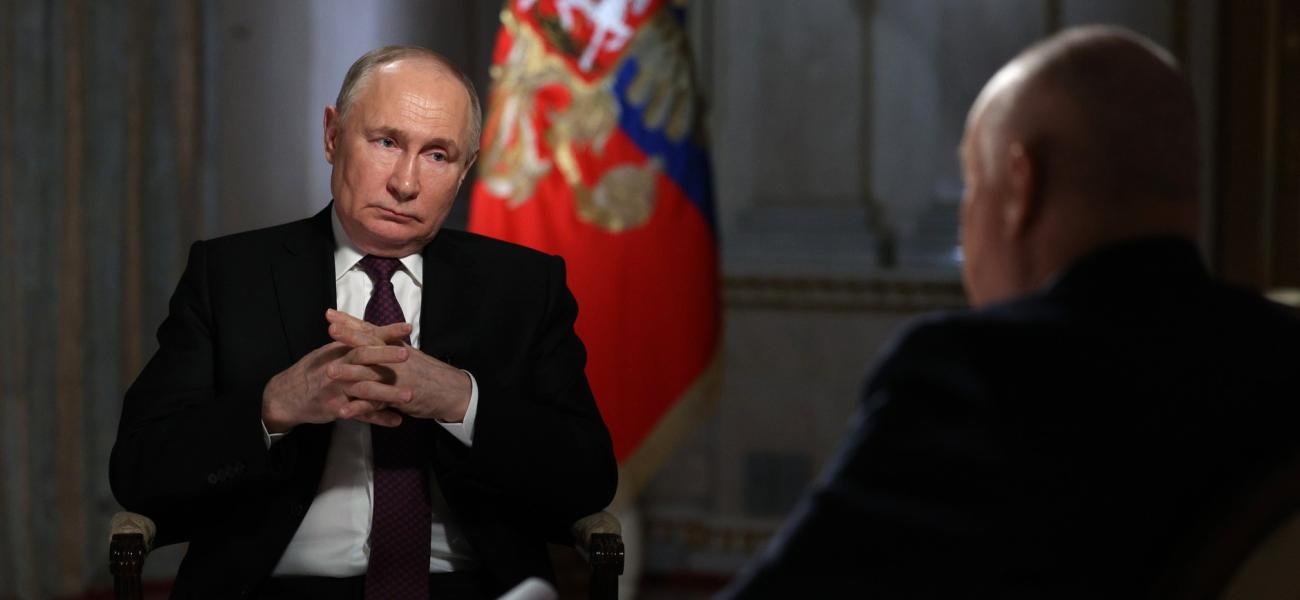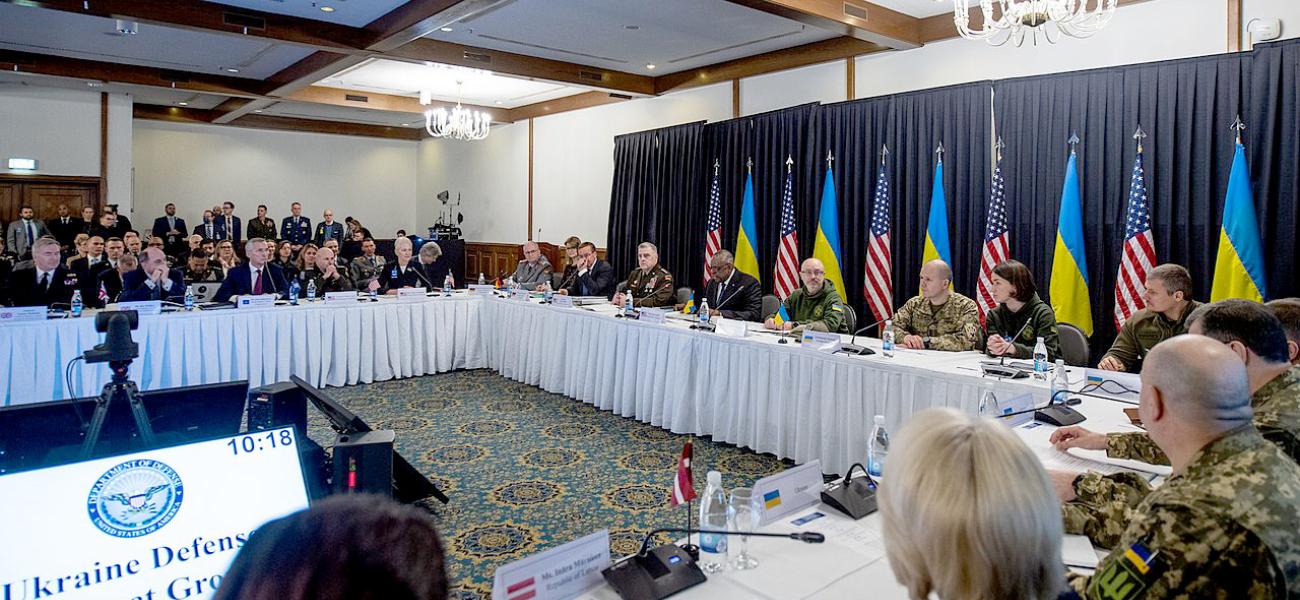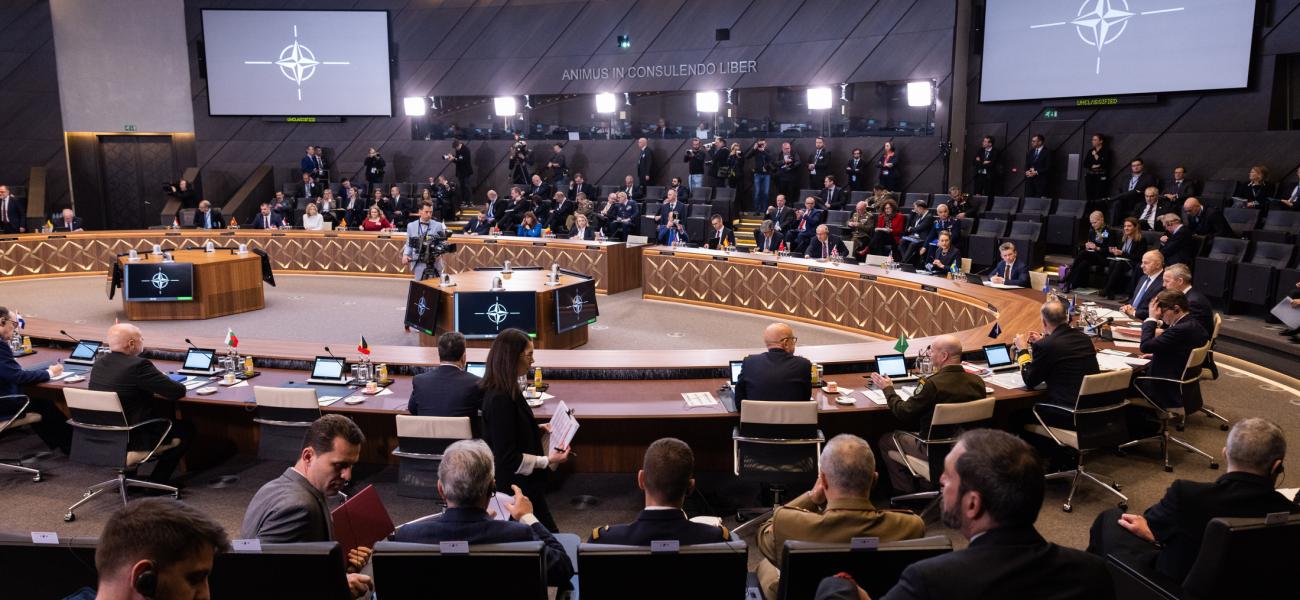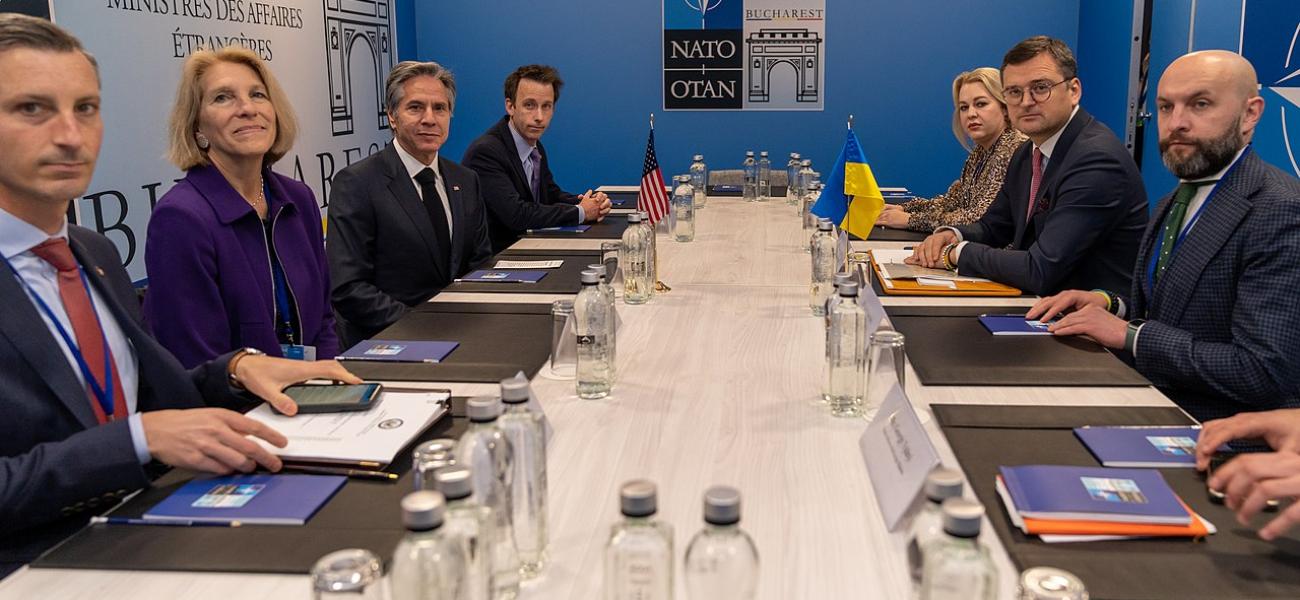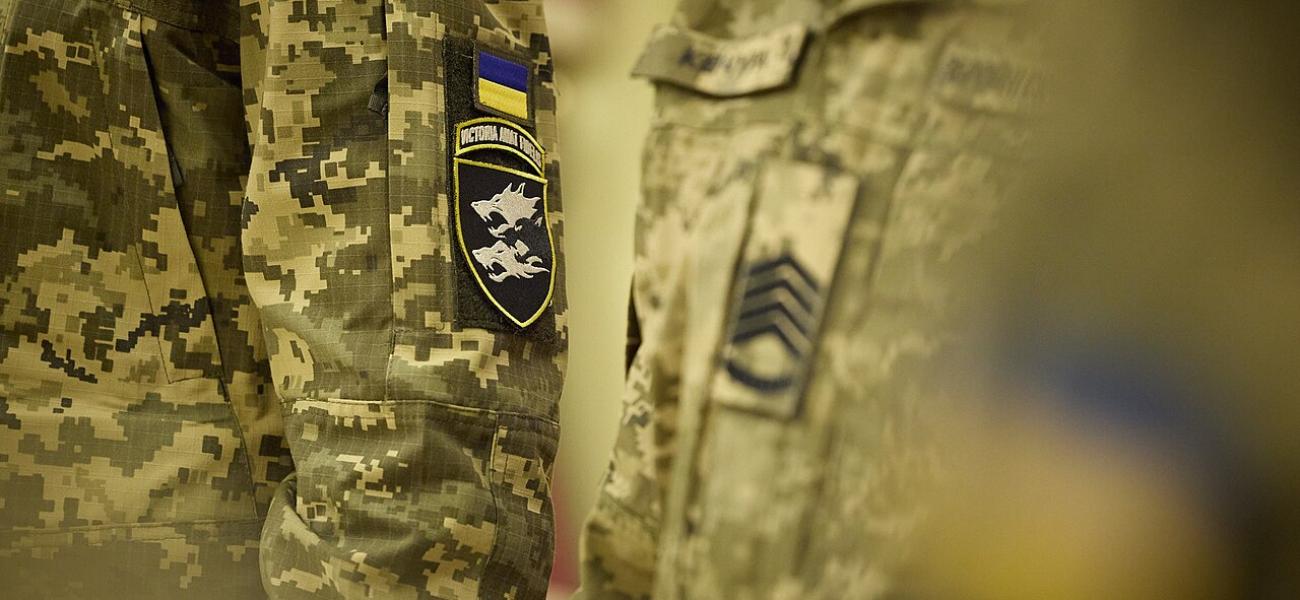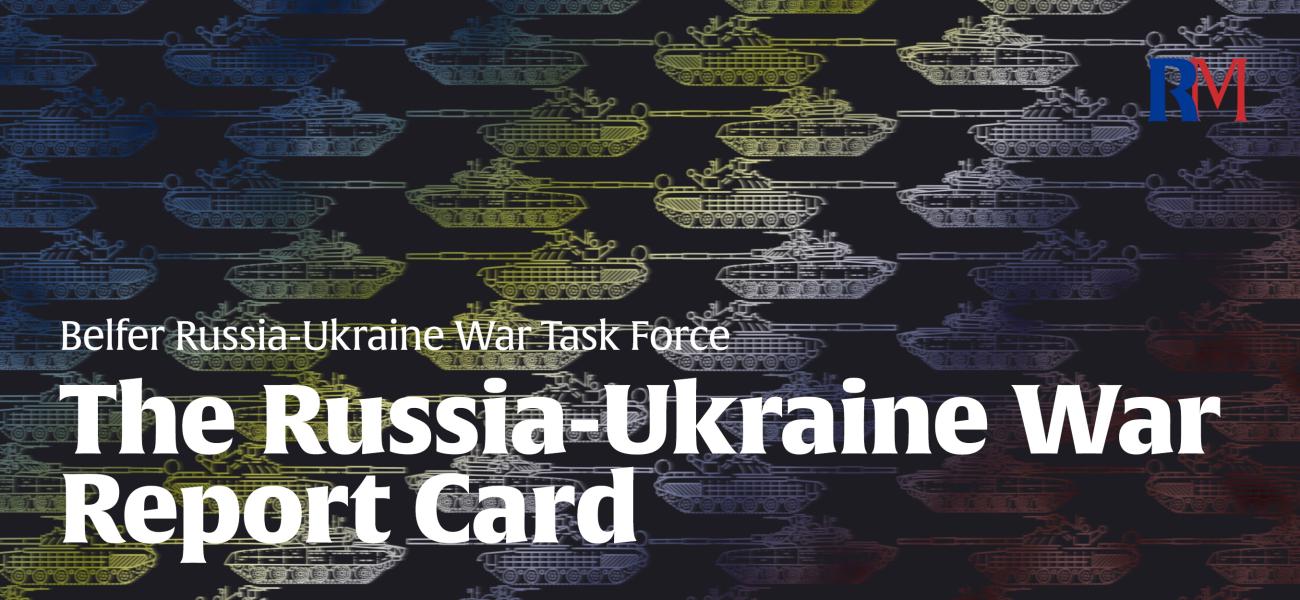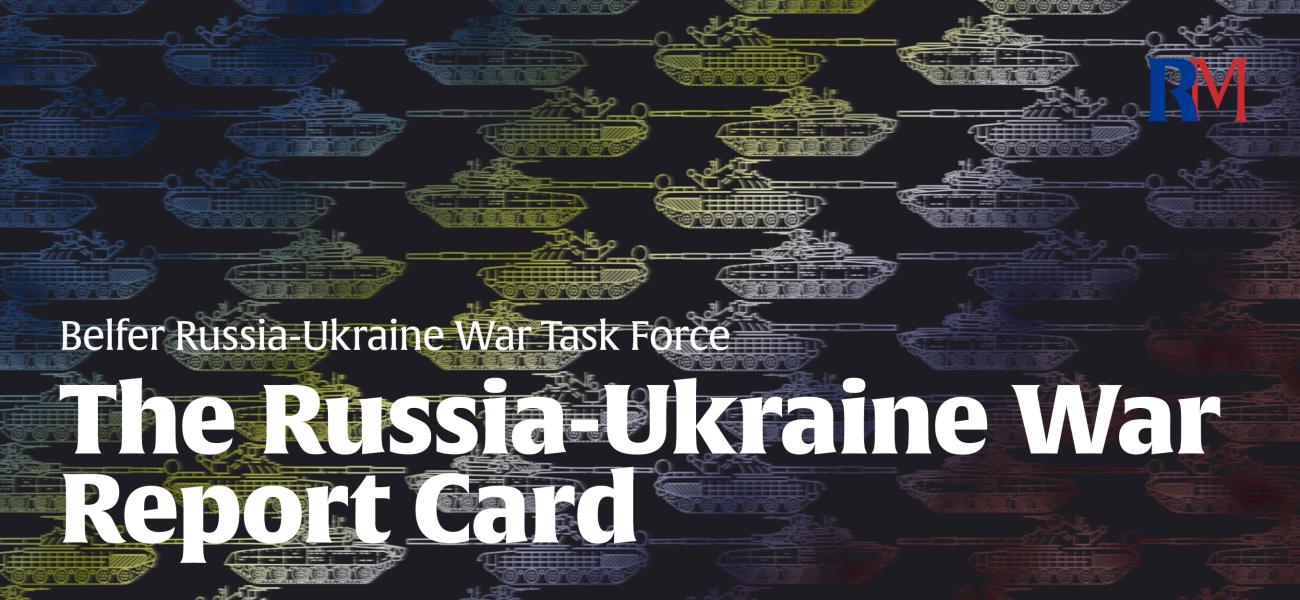"Is the Russia-China relationship truly an alliance?" This pivotal question framed a recent seminar hosted by the Belfer Center and Russia Matters, entitled "Russia-China: A Long-Term Alliance?" as part of the series "Russia's Past, Present, and Future." Moderated by Paula Dobriansky, a senior fellow with Harvard Kennedy School’s Belfer Center for Science and International Affairs, the seminar featured insights from Harvard’s S.T. Lee Professor of U.S.-Asia Relations Rana Mitter and senior research scientist at the China and Indo-Pacific Studies Division at CNA, Dr. Elizabeth Wishnick. Both Wishnick and Mitter agreed that alignment defines the current Sino-Russian relationship, not alliance. Over the course of the ensuing discussion, the nuances of this alignment were explored in detail; Mitter and Wishnick delved into the essence of the Russia-China relationship, probing whether this partnership signifies a long-standing alliance, the potential role of China in a post-Putin Russia, the prospects for cooperation or discord and the broader implications of this relationship for the Indo-Pacific region.
In her opening remarks, Wishnick underlined that while she dislikes the term “marriage of convenience” to describe the Sino-Russian relationship, the relationship between the two countries, which have not entered any official military pacts with each other, falls short of an alliance. She then explained which features of this relationship make it an alignment. Among these, she pointed to deepening military and aerospace cooperation, mutual support in international venues and expanding trade. Wishnick also emphasized two distinct aligning factors in the relationship: a shared animosity for the United States and both countries’ search for regime security as authoritarian states. These factors are the prevailing glue that anchors their alignment rather than the “non-insignificant” personal relationship between Vladimir Putin and Xi Jinping. Wishnick also emphasized that while Russian public opinion vis-à-vis China has improved, Russians remain concerned about becoming an energy appendage of China. In addition, deeper integration faces challenges, including complicated border relations in Russia’s east and China’s northeast, as evidenced by agreements of cooperation between non-contiguous border regions.

